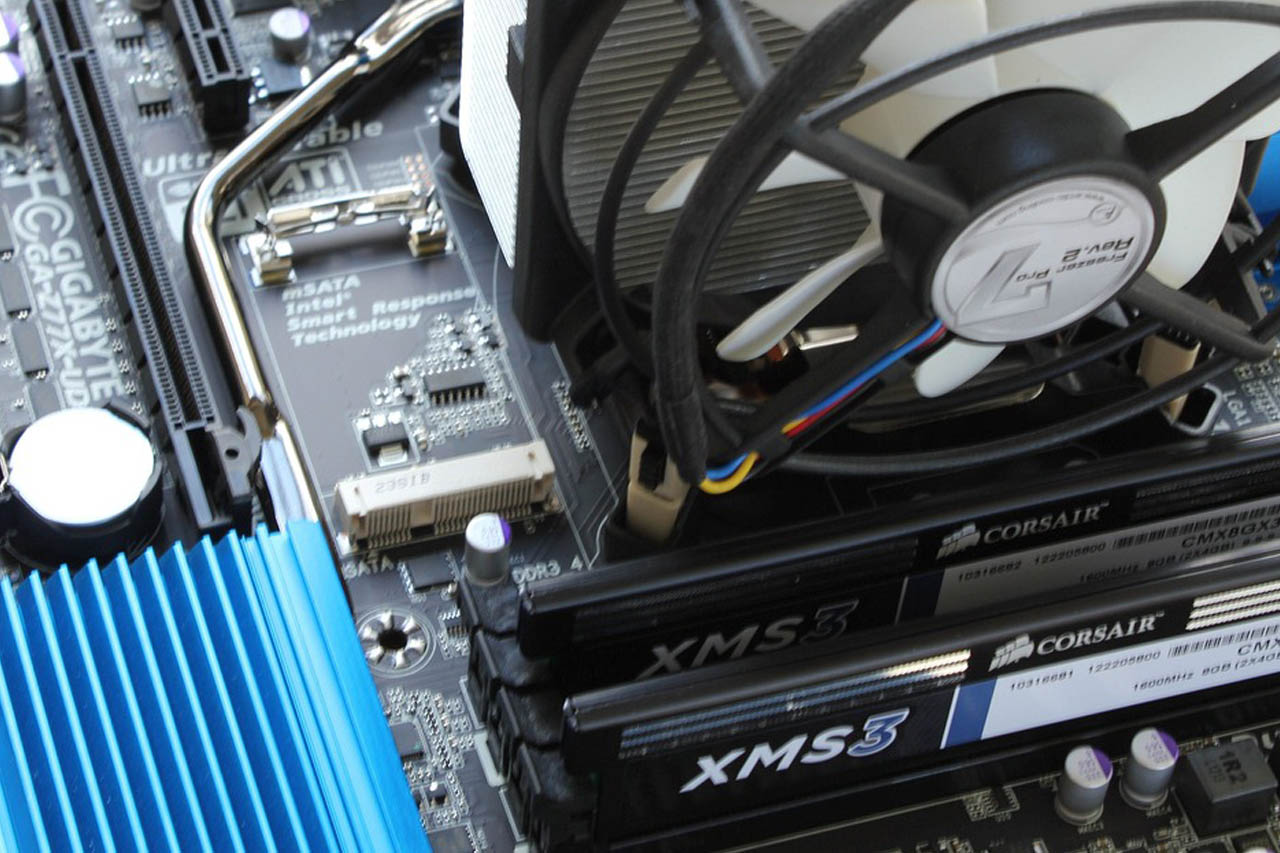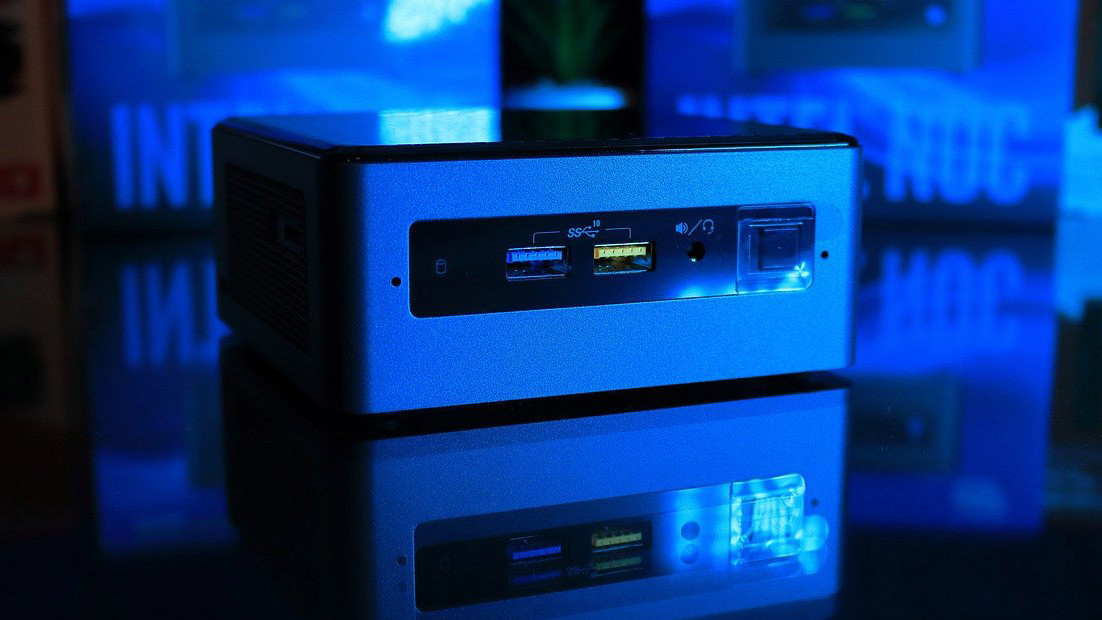PC Air Cooling vs PC Water Cooling, Which One is Better?
For long-term and effective functioning, critical components like the CPU and GPU must be kept at their ideal temperature in the realm of PC gaming and high-performance computing. Air cooling and water cooling are the two main ways that a PC may regulate its internal temperature. Users may make well-informed judgments based on their own needs and preferences by being aware of the differences between these two cooling methods. The purpose of this essay is to clarify the differences between PC water cooling and PC air cooling by highlighting their unique characteristics, advantages, and factors.
The conventional approach to removing heat from computer components is through PC air cooling, which makes use of air-based cooling technologies. In order to remove heat from the components and distribute it across the surrounding area, this system mainly uses fans and heatsinks. Gaining an understanding of the fundamentals of PC air conditioning will help you better understand how it works and how well it controls heat in a PC system.
The heatsink, a key element of the air cooling system, functions as a passive cooling solution, absorbing and dispersing heat produced by the CPU or GPU. In order to facilitate effective heat transmission, the heatsink is usually composed of materials with high thermal conductivity, such as copper or aluminium. The heat sink aids in convection by removing hot air from the components and bringing in colder air to control the temperature when used in conjunction with a fan.
Comparing PC air cooling options to water cooling systems, the former are often less expensive and simpler to install. For consumers looking for efficient heat management without a lot of technical knowledge or complicated setup steps, air cooling continues to be a cost-effective solution. Installation is simple and often just fastening the heatsink and fan to their respective components.
Simple maintenance procedures like routinely dusting and cleaning the fans and heatsinks are necessary to maintain PC air cooling systems and guarantee peak performance. On the other hand, because high RPM settings might result in higher noise levels, one thing to take into account is the noise made by the fans when they are operating. Selecting fans with effective airflow and lower decibel (dB) ratings can assist allay noise worries and make a computer environment calmer.
PC water cooling, often referred to as liquid cooling, is a sophisticated cooling technique that uses a specialised loop or closed-loop system to circulate liquid coolant throughout the computer in order to disperse heat and absorb it. In comparison to conventional air cooling methods, this approach offers better cooling capabilities by effectively managing and transferring heat away from the components through the use of water blocks, radiators, pumps, and tubing.
Superior heat dissipation capabilities over air cooling are one of the main benefits of PC water cooling. Particularly during long gaming sessions or taxing computing jobs, the use of liquid coolant allows for more effective temperature management due to its excellent heat absorption and transfer capabilities. Water cooling systems can efficiently maintain lower temperatures for extended periods, ensuring optimal performance and longevity for critical PC components.
With the great degree of customisation and aesthetic appeal that PC water cooling systems provide, users may create aesthetically attractive PC setups with colourful coolant, lit tubing, and delicately sculpted water blocks. Water cooling is a popular choice among enthusiasts and gamers looking for a customised and visually spectacular setup since it can be tailored to individual tastes and build themes, which adds to a visually appealing and distinctive PC gaming experience.
Air cooling is simpler to install than PC water cooling, even if the latter offers better cooling results. A certain amount of technical knowledge and competence is needed to set up a bespoke water cooling loop, which involves careful consideration of component kinds, tube layouts, and coolant types. In comparison to air cooling options, water cooling systems require more maintenance due to the need for routine leak detection, appropriate coolant levels, and pump operation.
PC water cooling and PC air cooling both have unique benefits and things to think about depending on the user's tastes, financial situation, and level of technical proficiency. Water cooling offers better heat dissipation, more customization options, and a more aesthetically pleasing PC build, but it comes with a more involved installation procedure and more maintenance requirements than air cooling, which is still an affordable, simple cooling solution with moderate cooling capabilities and ease of maintenance. Users may maximise their PC's cooling capacities and guarantee dependable and effective performance for their computing and gaming requirements by knowing the distinctions between these two cooling techniques.





